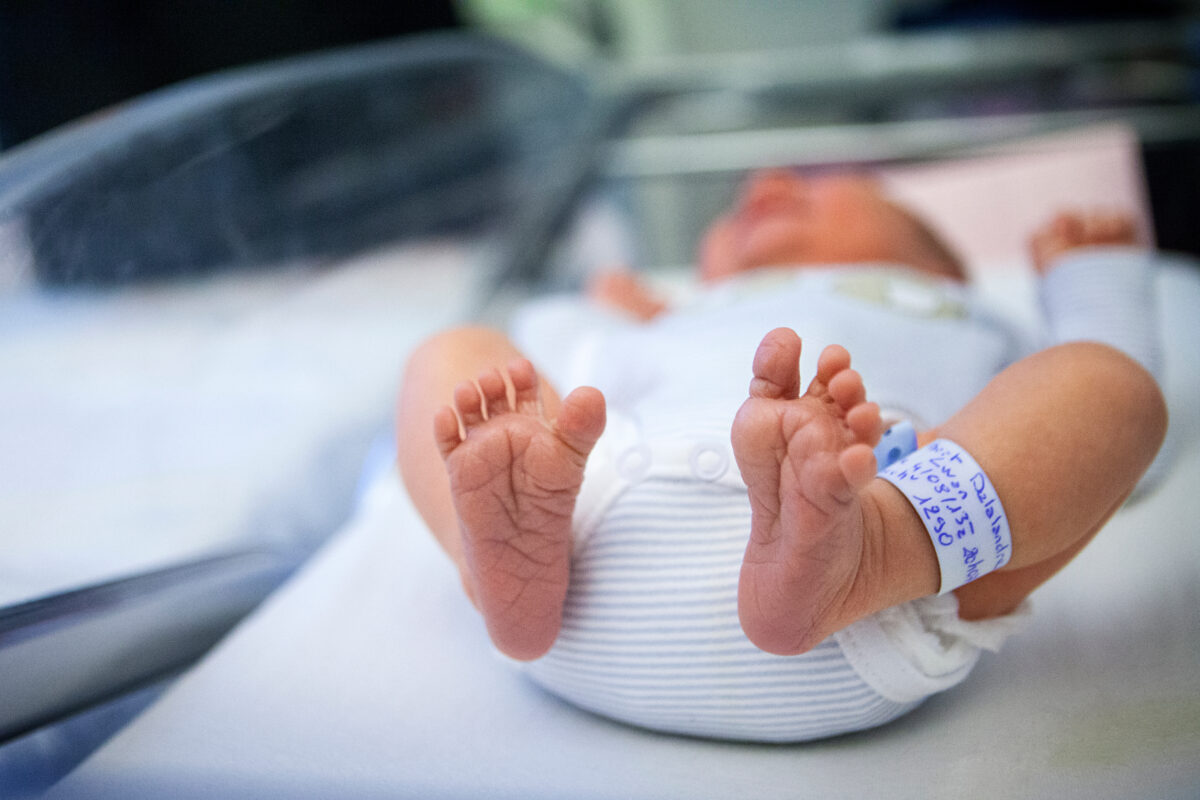
Bioethics Journal: AI-Generated “Digital Twins” for Trans Patients?
In an article in the Journal of Medical Ethics — one of the field’s most influential publications — an independent researcher argues that transgender people should be granted access to AI-generated “digital twins” to allow them to “design” themselves before undergoing transition interventions. From “Designing Inclusive Digital Twins: Ethical and Practical Considerations for Trans Healthcare”: DTs combine AI, big data analytics and sensor technology to create dynamic, patient-specific models that enhance diagnosis, prognosis and treatment planning. For trans individuals, DTs could transform gender-affirming care by offering precise simulations of HRT effects, such as changes in body composition or emotional well-being, or visualising surgical outcomes tailored to individual goals. This means a lot of reprogramming of AI software: Current datasets often Read More ›








